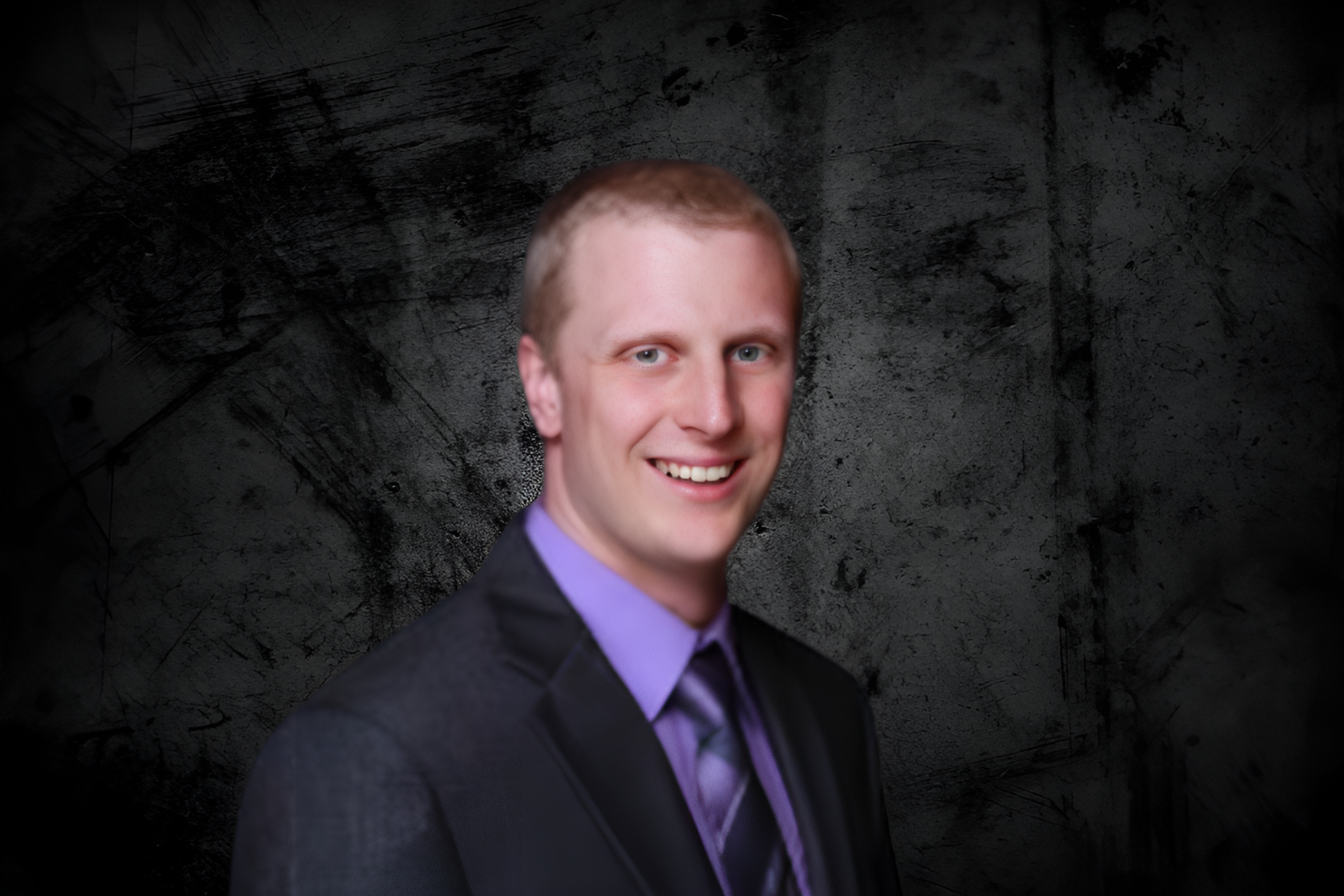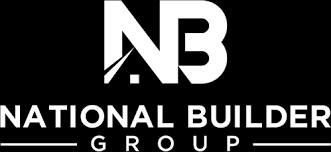Jim Rosewater’s path to leading The National Builder Group (NBG) wasn’t a traditional trek through production building ranks. Instead, his journey through international marketing...
Robert Hayman Redefines Modern Office Spaces with Vibe Properties


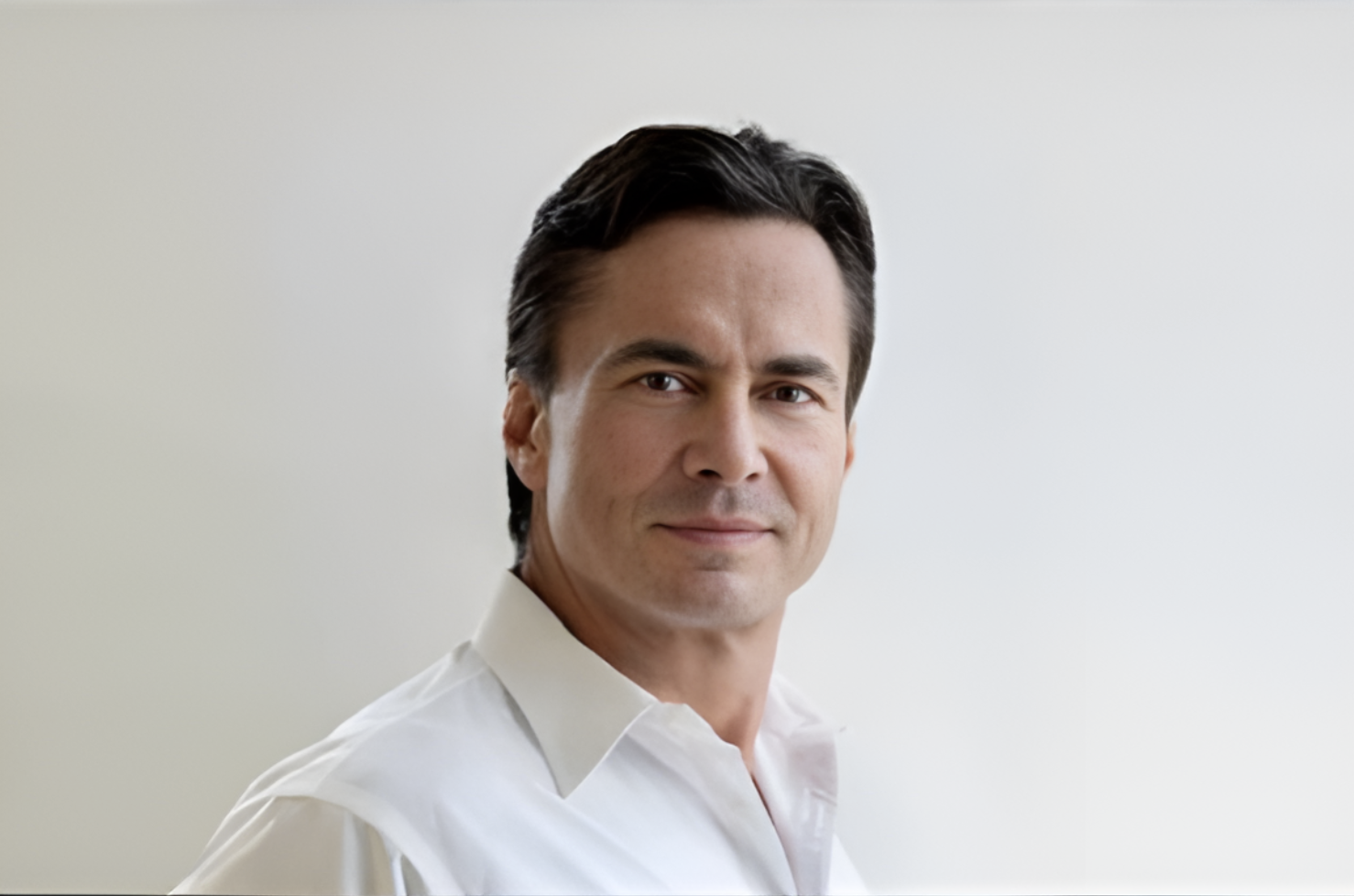

As much of the U.S. office market grapples with high vacancy and shifting tenant expectations, Vibe Office Properties is finding success by focusing on how a space feels. At the core of its approach is the belief that design matters, even in commercial real estate.
“Too many office buildings are massive structures with granite, chrome, brushed aluminum, and glass, but they all look and feel identical. It’s like walking through a prison,” says Robert Hayman, Founder and CEO of Vibe Office Properties. “When you walk through one of our buildings, you’ll notice thoughtful lighting, pictures, and artwork on the walls. It’s not wallpaper, it’s a piece of art. The experience is distinctly different.”
Hayman describes the broader downturn as the Great Depression of office real estate. Yet his company’s buildings, some of which maintained 100 percent occupancy through the pandemic, suggest that design-focused, boutique office environments can still thrive in today’s market.
A Legacy of Style and Innovation
Hayman’s journey to real estate innovation began with a childhood steeped in luxury retail. Born in the Beverly Hilton Hotel to a father who would go on to create Giorgio Beverly Hills, the iconic Rodeo Drive store and fragrance empire of the 1980s, Hayman grew up surrounded by style, culture, and entrepreneurial vision.
“My dad was a very interesting individual, very creative, a promoter, and a visionary,” Hayman recalls. “He had a vision for Rodeo Drive and Beverly Hills. I learned more through osmosis than most people would ever learn in a different way, just by being there and being steeped in and part of that.”
After working in the family business for several years, Hayman ventured out on his own, eventually co-founding Discus Dental. Starting with a $40,000 investment in 1993, he built the company into a dental whitening powerhouse with products like Night White and Zoom, eventually selling it for hundreds of millions of dollars in 2010.
Beyond financial success, Discus Dental became known for its exceptional company culture. “You can build a company and have great products, but people talk about the team and the individuals in a company, that’s the most important element,” Hayman emphasizes. “To this day, hardly a week passes without someone sharing, ‘That was the greatest company and job I ever had,’ because we created a culture where people were passionately engaged, creative, and innovative.”
The Birth of Vibe Office Properties
After selling Discus Dental, Hayman entered real estate, initially focusing on multifamily properties with several thousand units in Houston and across the Southwest. By the late 2010s, he had transitioned to the office market, targeting second-tier markets in the fast-growing Sun Belt states.
“We were rehabbing office assets in second-tier markets, mostly in the fast-growing Southwest. Texas, Utah, Colorado, Washington,” Hayman explains. “We discovered that rapidly growing second-tier cities offered better value and greater potential growth.”
As his team rehabilitated properties in good locations that needed updating, they began to notice a consistent brand aesthetic emerging in their approach. This led to the creation of Vibe Office Properties, a boutique office concept with a distinctive aesthetic and philosophy.
“We created a brand called Vibe, and it really took off and performed well,” Hayman says. “We have our own signature items, wallpaper, signage, and numerous elements that are distinctly Vibe. We developed a systematic approach to acquiring assets, modifying them, and upgrading them.”
The Boutique Office Revolution
Hayman draws a parallel between his approach and the hotel industry’s evolution: “In 1992, a company opened in New York City called the W Hotel. Since then, over 6,000 hotels have been built, most of them boutique hotels. There isn’t a major brand today that doesn’t have at least one boutique brand.”
Vibe’s properties create environments where people feel valued while working. Each building maintains about 60-70% of elements reflective of its indigenous area, giving occupants a sense of place and familiarity, while 30-40% incorporates the distinctive Vibe brand elements.
“We install limestone flooring, among other upgrades, all which make a significant difference. We use our own wallpapers, custom appointments, decorations and lighting, which is extremely important,” Hayman explains. “We create an environment which we term…l “a better way to work.’”
The properties feature numerous amenities, often including gyms, recreation rooms, bicycle stations, and other elements designed to enhance the work experience. The goal is to create a space that feels more comfortable than a traditional office.
“You spend the best hours of your day in the office,” Hayman notes. “We want people to have that feeling when they walk in: ‘This feels like home. I feel special. I feel different. I feel better.’”
Navigating the Office Market’s “Great Depression”
The COVID-19 pandemic hit just as Vibe was gaining momentum, creating what Hayman describes as “the Great Depression of the office market.” The shift to remote work presented a significant challenge, but Hayman sees positive changes underway.
“We’re seeing a substantial increase in people returning to the office, at least 3-5 days a week,” he observes. “Even the federal government is returning to office work now, which we didn’t anticipate happening for some time.”
Despite this positive trend, Hayman identifies regulatory challenges as a continuing obstacle. “Our biggest nemesis today is regulators pressuring lenders to limit office exposure,” he explains. “Regulators set percentages of different property types that lenders should have in their portfolios, and they’ve restricted the amount of office assets they want lenders to carry.”
This regulatory approach creates a situation akin to musical chairs, with insufficient financing available for the office market just as it begins to recover. Nevertheless, Hayman remains optimistic about Vibe’s prospects, noting that their properties are performing well despite these headwinds.
Location, Location, Location
Not all office markets are performing equally in the post-pandemic landscape. Hayman observes that central business districts (CBDs) continue to struggle, caught in what he describes as a “downward spiral.”
“When people work from home, retail disappears. Without retail, there’s less reason to visit. There are no amenities for the office buildings,” he explains. “The downtown CBDs remain challenging, and few want to be downtown, partially because these areas are hollowed out.”
In contrast, Vibe focuses on locations outside the CBDs, where demand remains stronger. The company currently operates in markets including Salt Lake City, Denver, Los Angeles, parts of Texas, Ohio and Washington, with plans to expand further in these regions before venturing into new territories.
“It was a fortunate decision not to enter first-tier markets,” Hayman reflects, “because the hardest-hit office markets were New York City, Los Angeles, San Francisco, and Chicago.”
Building a Winning Culture
Drawing on his experience at Discus Dental, Hayman places tremendous emphasis on company culture at Vibe. “I think it starts at the top,” he says. “The fish rots from the head, but it also thrives from the head.”
This philosophy extends to hiring decisions, where cultural fit is as important as technical capability. “We have terminated people because they don’t fit our culture,” Hayman admits. “Are they capable? Do they have all the technical capabilities? Absolutely. But if they don’t get along, or if they don’t align with our cultural values, that’s problematic.”
Looking Ahead: Expansion Plans
With the office market showing signs of recovery and Vibe’s model proving successful, Hayman is preparing for significant expansion. “We’re preparing to launch a fund. We’re going to raise an initial $100 million fund to acquire numerous Vibe assets and accelerate growth,” he reveals.
The company plans to focus initially on the markets where it already operates before expanding outward. After years of refining their approach, Hayman believes they’ve developed a winning formula.
“We know what to do, how to do it, and when to do it, which is very important,” he says. “We made many mistakes initially, yet still generated profits. Without those mistakes, we can now move faster, more smoothly, and with greater efficiency”, ultimately delivering IRR’s targeted at 25%+.
As the office market continues its uneven recovery, Vibe’s boutique approach offers a compelling alternative to traditional office spaces, one that recognizes that where we work shapes how we work, and that thoughtfully designed environments can make all the difference in attracting both companies and their employees back to the office.
Similar Articles
Explore similar articles from Our Team of Experts.
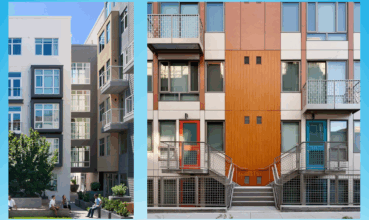

With median home prices exceeding $800,000 and many residents spending over half their income on rent, California’s housing crisis requires decisive action. Two significant policy appr...
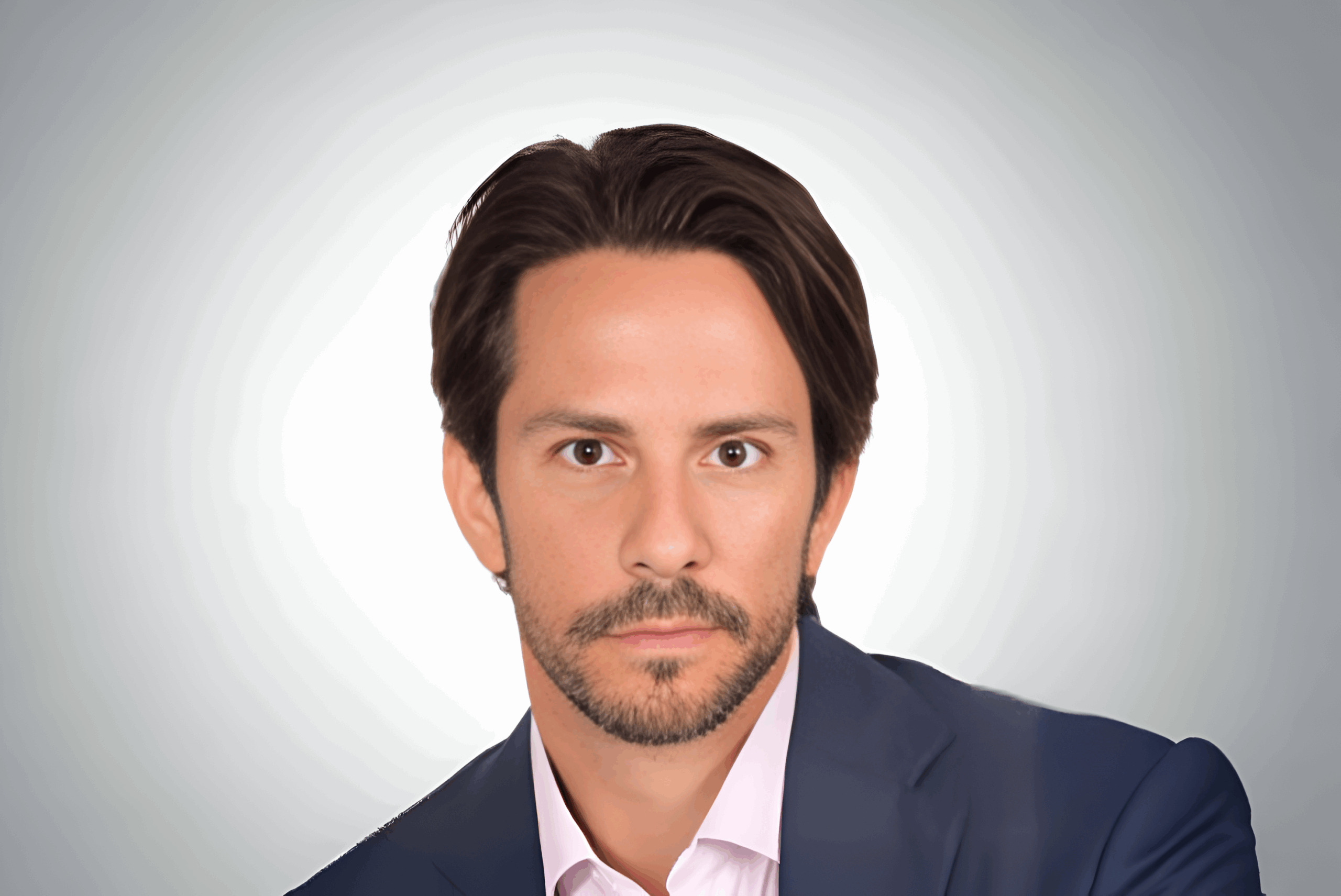

“We’re fully integrated. We manage, we lease, we acquire, probably three-quarters of our deals off market. We move quickly. We’re honest guys. We don’t retrade,”...


A third-generation real estate professional with Coldwell Banker Realty in northern New Jersey’s competitive market, Ryan Bruen established his career through an unconventional path. D...
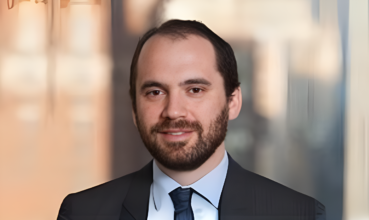

“We’re an Applied Research Center, and that means all our work is intended to inform practitioners making decisions about housing policy, investment, and strategies affecting nei...


